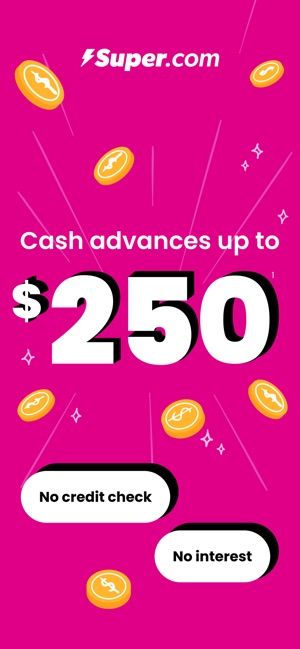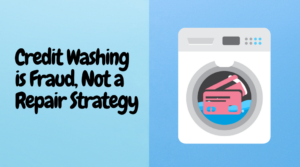The housing crisis caused mortgage lenders to tighten lending standards. Borrowers with a regular salary have a difficult time securing a mortgage loan — And the self-employed have an even tougher time.
Self-employed borrowers will find their incomes being heavily scrutinized. One of the main requirements is for lenders to verify borrowers’ income, and confirm a debt-to-income ratio of no more than 43 percent (the percentage of monthly gross income used to pay monthly debts).
It is possible for the self-employed to secure a mortgage loan but you have to be prepared and determined. Here are a few tips to make self-employed borrowers more attractive to mortgage lenders:
Credit Scores
Self-employed people have always had a tough time getting a mortgage but according to Erin Lantz, vice president of mortgages at Zillow, a real estate website, “The primary reason is their credit scores are lower.” “Many times their personal and business finances are intermingled which can cause problems with their credit.” According to Zillow’s finding, people who work for themselves are nearly twice as likely as those that work for an employer to report a FICO score below 680. Of survey respondents, 47% have scores below 720 while 28% have scores lower than 680.
For self-employed borrowers, FICO scores of 740 or above will be eligible for all loan programs and the best rates. Scores from 700-740 will still be eligible for most programs, but rates will rise slightly. Scores below 700 can qualify for a FHA loan but self-employed borrowers should aim to have the highest credit scores possible. Lenders tend to view self-employed borrowers a higher risk than someone who gets a regular paycheck. A higher credit score will offset some of that risk.
Debt-to-Ratio Income (DTI)
Your DTI ration can be as high as 43 percent, but obviously the less debt you have the better. Debt-to-income ratio is your proposed monthly housing cost plus all other monthly debt as a percentage of your income. Lenders will calculate it by averaging net income from your most recent two (personal and business) tax returns and your year-to-date income and expenses. Be careful when applying for a mortgage loan when you have high debt. All debt should be at a minimum. The best scenario is to have at least 1 or 2 credit accounts reporting credit utilization of less than 10 percent and the remainder of credit accounts paid in full. You want your credit card balances low and available credit limits high. Low DTI is a critical compensating factor to get exceptions in other areas.
Be Document Ready
Mortgage lenders will want to see bank and brokerage statements along with 2 years of personal and business tax returns (For most self-employed that will be one-in-the-same). Typically they will use the average of your past two years’ income. Keep good records because a quarterly profit-and-loss statement may also be required.
Lenders often require a quarterly profit-and-loss statement in addition to your most recent tax returns. New rules from the FHA say that self-employed borrowers are required to prove their ongoing income in the form of a year-to-date profit-and-loss statement if more than one quarter has passed since the last tax return was filed.
Show Sufficient Income on Tax Returns
Keep in mind you need to show enough income. Because self-employed borrowers understandably take a lot of tax deductions, the net income is going to be less. Deductions are necessary for the self-employed but when trying to get approved for a mortgage take into consideration mortgage lenders want to see sufficient income on paper to pay your mortgage. You may have to show more income in order to get approved which means you’ll pay a higher tax bill. Self-employed borrowers have to decide what is more important — qualifying for a mortgage loan or avoiding paying taxes.
Alternatively, lenders can add certain things back to the borrower’s adjusted gross income to determine the income that will be considered for qualifying purposes. For instance, FannieMae Form 1084 Cash Flow Analysis allows underwriters to add back income for items like depreciation; home office; casualty losses; loss carryovers from prior years; business vehicle mileage; and one-time extraordinary expenses. Ask your lender about the FNMA Cash Analysis Form.
Big Cash Reserves
To offset the less net income have large cash reserves. You will look more attractive to a lender. Cash on hand will give a lender more confidence you can make a mortgage payment even without sufficient income on tax returns. A years’ worth of mortgage payments in a savings account is great way to look more attractive.
Occupancy
For lenders, owner-occupied properties are the lowest risk with the best rates. Second homes are slightly more risky, but have the same rates as owner-occupied homes. Rental properties are the most risky, with the highest rates.
Stated Income
In past years self-employed borrowers could rely on stated-income mortgage loans. However during the housing boom, the stated-income loan was abused by too many people who were buying homes they could not afford. In recent months stated-income loans have reappeared on secondary market. Self-employed borrowers looking for stated-income loans must have good credit scores of 720 or above, a down payment of 30 percent or more and at least six months of cash reserves to cover all monthly obligations.
You do not have to be shut out the housing market if you are self-employed. It’s just matter of having good credit, sufficient income, cash reserves and a lender that is accustomed to dealing with self-employed borrowers.


















